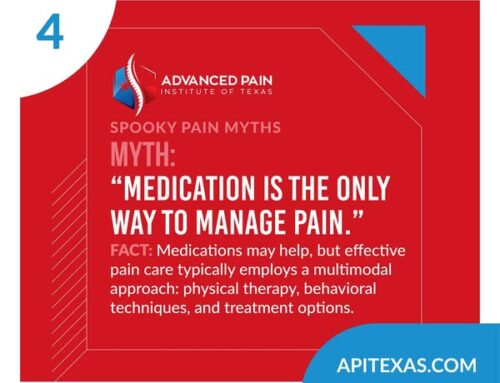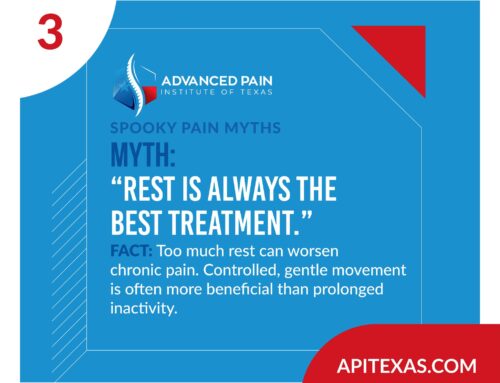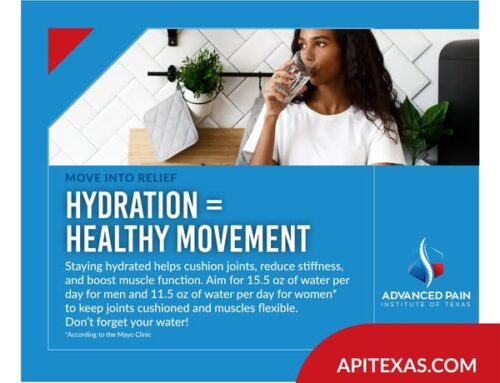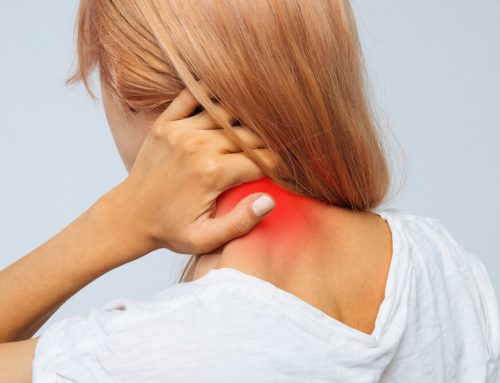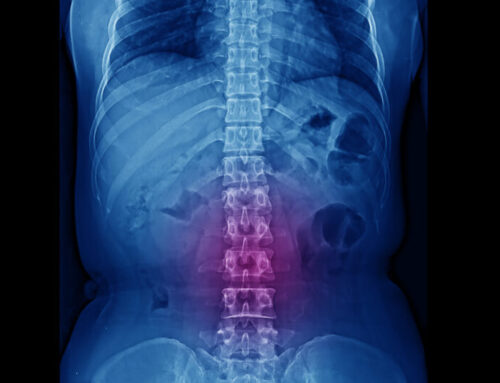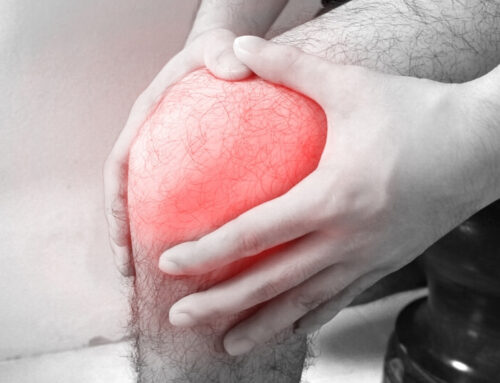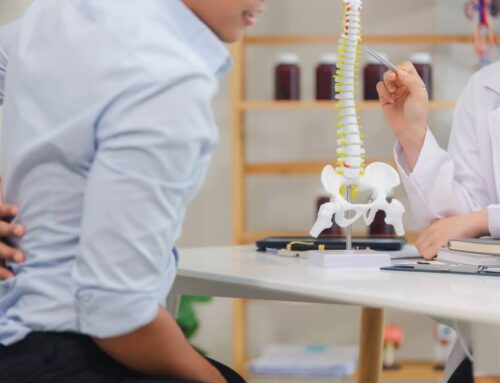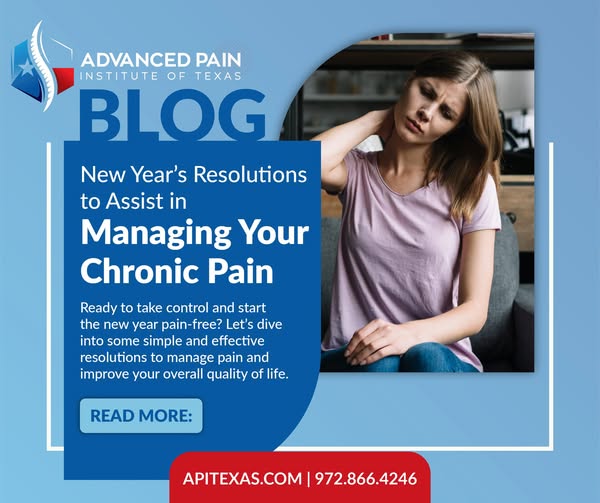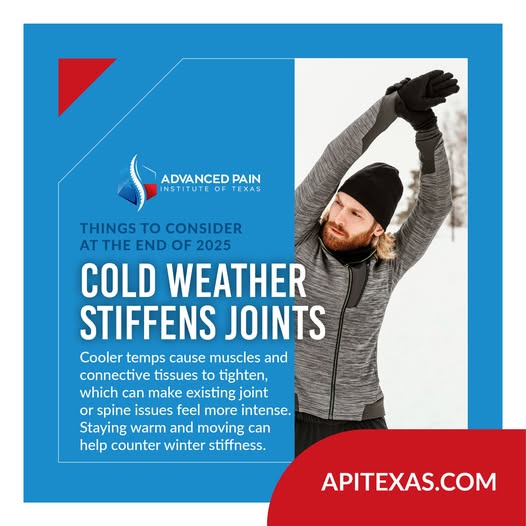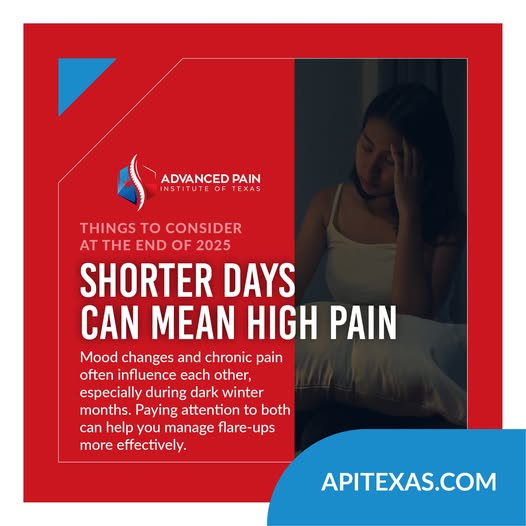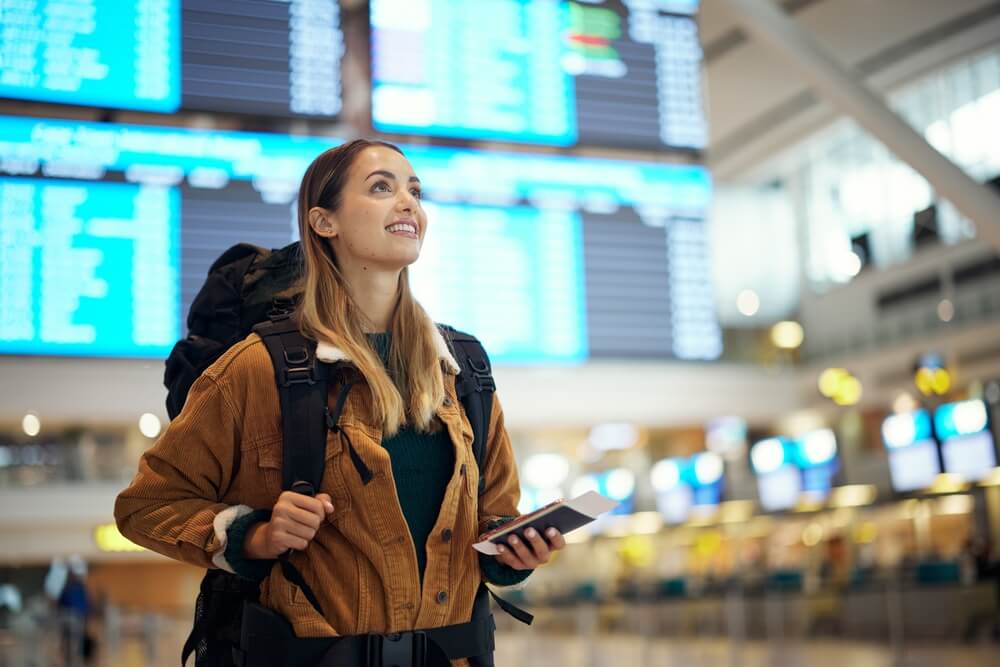
How to Avoid Pain While Traveling
Traveling can be an exciting adventure, but it often comes with its share of discomforts and pains. Whether it’s a long car ride, a cramped airplane seat, or simply the stress of navigating new places, travel-related pain can put a damper on your trip. In this article, we’ll explore practical tips and strategies to help you avoid pain while traveling, ensuring that you can enjoy your journey to the fullest.
Understanding Travel Pain
Travel pain can stem from various factors, such as prolonged sitting, poor posture, and lack of movement. Recognizing these factors is the first step in preventing discomfort.
Causes of Travel Pain
- Prolonged Sitting: Long periods of immobility can lead to stiffness and muscle pain.
- Poor Posture: Slouching or hunching over can strain your back and neck.
- Lack of Movement: Limited movement reduces blood circulation, causing discomfort.
Plan Ahead for Comfort
Planning your journey with comfort in mind can make a significant difference. Consider your mode of transport, seating arrangements, and breaks.
Choose the Right Mode of Transport
- Air Travel: Opt for airlines with comfortable seats and good legroom.
- Car Travel: Ensure your car seat is adjusted correctly, and take regular breaks.
Plan Your Seating
- Airplane Seats: Select seats with extra legroom if possible. Aisle seats allow for easier movement.
- Car Seats: Adjust the seat to support your back and neck. Use lumbar cushions if needed.
Packing Essentials for Pain Relief
Having the right items in your travel bag can help you stay comfortable and pain-free.
Must-Have Items
- Neck Pillow: Supports your neck and prevents stiffness.
- Lumbar Support: Cushions your lower back.
- Pain Relief Medications: Carry over-the-counter pain relievers.
Personal Comfort Kit
- Earplugs: Reduce noise and help you rest.
- Eye Mask: Blocks light for better sleep.
- Compression Socks: Improve circulation and reduce swelling.
Maintaining Good Posture
Good posture is crucial in preventing travel-related pain. It ensures that your body is aligned correctly, reducing the strain on your muscles and joints.
Tips for Good Posture
- Keep Your Feet Flat: Rest your feet flat on the floor or a footrest.
- Align Your Back: Sit back in your seat and use a cushion for support.
- Avoid Crossing Legs: This can lead to poor circulation and discomfort.
Stretching and Movement
Regular stretching and movement can prevent stiffness and muscle pain during travel.
Simple Stretches
- Neck Rolls: Gently roll your neck to release tension.
- Shoulder Shrugs: Lift and lower your shoulders to reduce stiffness.
- Leg Stretches: Extend your legs and flex your feet to improve circulation.
Incorporate Movement
- Walk Around: Take short walks whenever possible, especially on long flights or car rides.
- Stand Up: Stand and stretch every hour to keep your muscles active.
Hydration and Nutrition
Staying hydrated and eating well can significantly impact your comfort and overall well-being while traveling.
Hydration Tips
- Drink Water: Aim for at least eight glasses of water a day.
- Avoid Alcohol and Caffeine: These can dehydrate you and contribute to discomfort.
Healthy Snacks
- Fruits and Vegetables: Provide hydration and essential nutrients.
- Nuts and Seeds: Offer protein and healthy fats.
- Whole Grains: Sustain energy levels and prevent hunger pangs.
Using Supportive Gear
Supportive gear can enhance your comfort and help prevent travel-related pain.
Essential Gear
- Back Braces: Provide additional support to your lower back.
- Compression Garments: Improve blood circulation and reduce swelling.
- Ergonomic Accessories: Use ergonomic pillows and cushions for added comfort.
Managing Stress and Anxiety
Travel can be stressful, and stress can exacerbate pain. Managing your stress levels is crucial for a pain-free journey.
Stress-Relief Techniques
- Deep Breathing: Practice deep breathing exercises to calm your mind.
- Meditation: Use meditation apps to relax and reduce anxiety.
- Music and Entertainment: Listen to soothing music or watch a movie to distract yourself.
Sleep Strategies for Travelers
Getting adequate sleep while traveling can be challenging but is essential for avoiding pain and discomfort.
Tips for Better Sleep
- Create a Sleep Routine: Stick to a regular sleep schedule.
- Use Sleep Aids: Consider melatonin or other sleep aids if necessary.
- Optimize Your Environment: Use earplugs, eye masks, and travel blankets for better rest.
Pain Relief Techniques
Even with the best precautions, you might still experience some pain while traveling. Here are some techniques to help relieve it.
Quick Pain Relief
- Over-the-Counter Pain Relievers: Keep medications like ibuprofen handy.
- Hot and Cold Packs: Use heat or cold therapy to soothe sore muscles.
- Massage Tools: Carry portable massagers or use tennis balls for self-massage.
Long-Term Solutions
- Physical Therapy: Consult a therapist for exercises tailored to your needs.
- Chiropractic Care: Regular adjustments can help maintain spinal health.
- Regular Exercise: Maintain a fitness routine to keep your muscles strong and flexible.
Conclusion
Traveling doesn’t have to be painful. By understanding the causes of travel pain and implementing these practical tips, you can enjoy a comfortable and pain-free journey. From planning ahead and maintaining good posture to staying hydrated and managing stress, these strategies will help you avoid discomfort and make the most of your travels.
FAQs
1. How can I avoid back pain during long flights?
To avoid back pain during long flights, maintain good posture, use a lumbar cushion, and take short walks whenever possible.
2. What are the best exercises to do during a long car ride?
Simple exercises like neck rolls, shoulder shrugs, and leg stretches can help keep your muscles active and reduce stiffness during a long car ride.
3. How does staying hydrated help prevent travel pain?
Staying hydrated helps maintain proper bodily functions, reduces the risk of muscle cramps, and keeps your joints lubricated, preventing pain and discomfort.
4. What should I pack in my travel comfort kit?
Your travel comfort kit should include a neck pillow, lumbar support cushion, earplugs, eye mask, compression socks, and over-the-counter pain relievers.
5. How can I manage stress and anxiety while traveling?
Practice deep breathing, meditation, and listen to soothing music or engage in entertainment to manage stress and anxiety while traveling.
By following these tips, you can ensure a more comfortable and enjoyable travel experience. Safe travels!
Share this article
Follow us
A quick overview of the topics covered in this article.

